Market Share
Particle Therapy Market Share Analysis
Particle therapy has attracted significant investments over time due to its emergence as a leading strategy for fighting cancer cases. With several companies competing in the particle therapy market, there is a need for strategic positioning to gain a significant market share. Differentiation through technological advancements is one of the strategies that many businesses use in order to maintain a top position in particle therapy companies. In order to make their particle therapy systems superior in terms of precision and efficiency and improve patient outcomes, companies focus on improving next-generation particle accelerators or treatment planning software or even incorporate artificial intelligence, among others, into current systems so that they can adjust doses during treatment. Targeting specific therapeutic applications is another strategy that companies employ to capture a large market share in Particle Therapy firms. The type of cancer or patient population that they are targeting may be used by some firms who might tailor their systems towards those specific needs; for instance, there could be specialized devices developed specifically for pediatric oncology, optimizing treatment protocols and environments for children. Collaborations and partnerships are another important strategy for companies in the particle therapy market. Strategic alliances with healthcare institutions, research organizations, or technology partners can expand their reach and improve the overall value proposition. By working together with renowned medical centers, corporations can use clinical trials and studies to prove the effectiveness of their particle therapy systems, thus building credibility in the market. On top of that, linking up with tech providers is a good opportunity for businesses to harmonize complementary technologies to create holistic solutions that cater to the changing needs of healthcare providers. They can strengthen their footing in the market through such cooperation, get into new customer segments, and eventually grow their share of the market. Pricing strategy plays an important role in determining a company's position in the market shares within the Particle Therapy industry. While the capital investment required for setting up particle therapy systems is huge, some firms may adopt pricing mechanisms that provide flexibility and affordability. This could be executed by having innovative financing options, leasing agreements, or price models linked to proven clinical outcomes achieved by patients. The concerns about cost implications associated with the provision of healthcare services may be addressed by making particle therapy more affordable, thereby expanding its access and opening up a wide audience for it, which might help it capture more of the market itself. Maintaining a balance between pricing and perceived benefits is crucial to sustainability within this competitive industry.


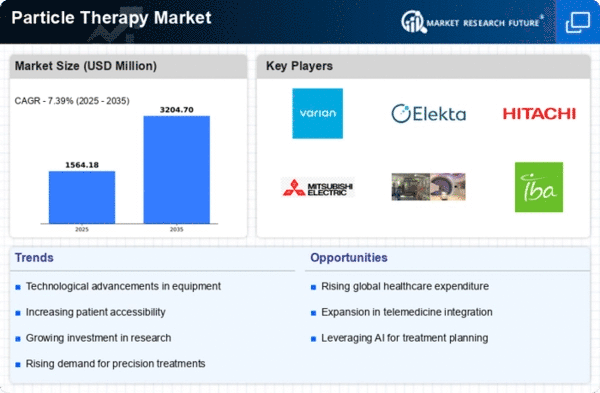
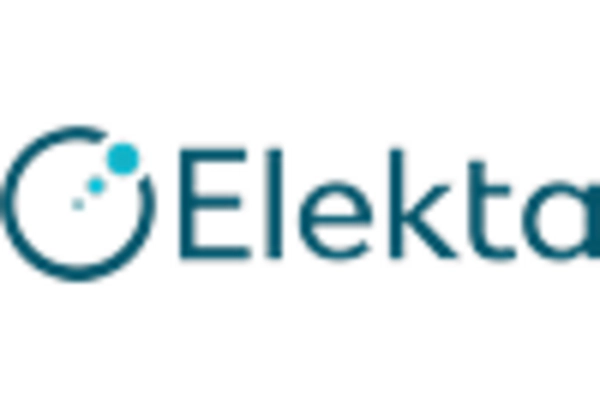
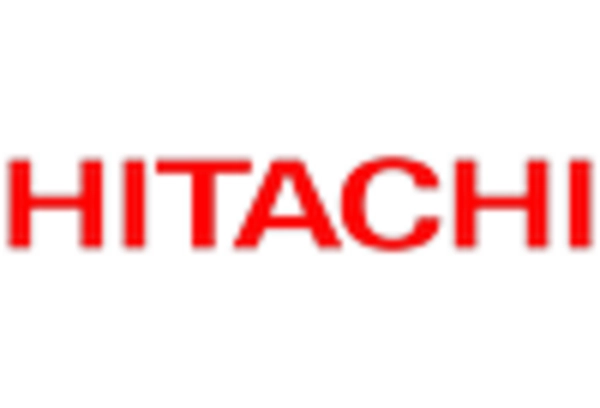
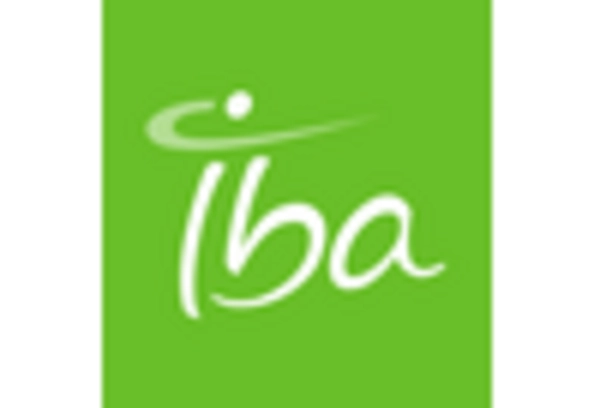
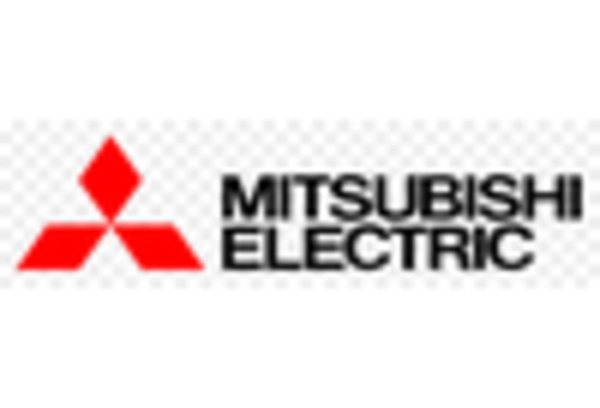
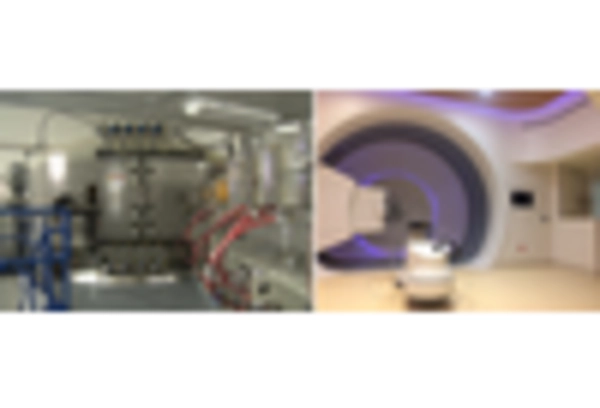
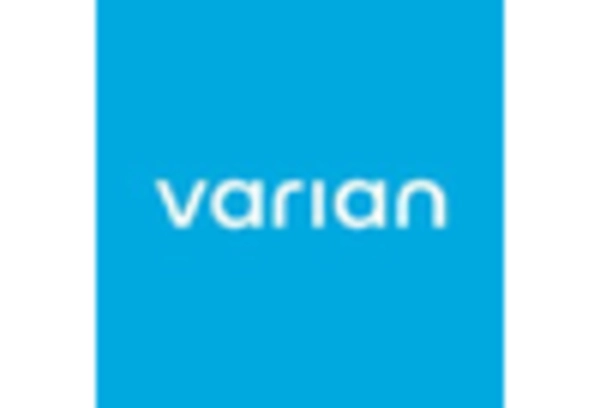









Leave a Comment